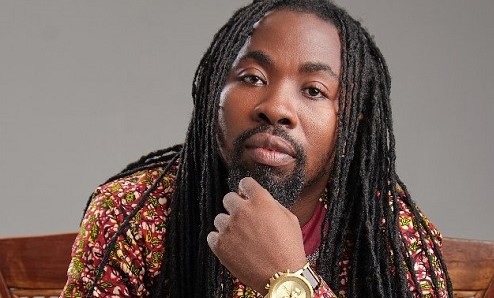Rapper and hiplife legend Obrafour has said, venturing into the entertainment Industry in the early 90s specifically rap music was based on survival and nothing else.
According to the “Rap Sofo”, rap wasn’t part of his dreams but rather wanted to replace his grandfather as a lawyer.
Speaking in an interview on Starr FM with Bola Ray on Starrchat Wednesday evening, the Hiplife legend said he ventured into rap because he lost his mother and that affected his dreams.
”Doing music was based on survival and nothing else Bola. It was not as if I had talent in rap music but it was on dimension to sustain a living after the death of my mother. It took me 2 years to learn how to rap. Hip life or rap wasn’t part of me or something in my mind that I wanted to do.” he said.
Obrafour sadly revealed that his dream of becoming a lawyer was shattered after he lost his mother and had to replace it with rap.
“Man proposes but God disposes. My mum died and that affected my dreams, career, school and everything. So when I was in the house not knowing what to do, I discovered rap”, he added.
Obrafour is known for the depth of his lyrics and his command of the Twi language.
Having produced mega hits like ‘Kwame Nkrumah’, ‘Ohene’, ‘Ntetiepa’, ‘Asem Sebe’, ‘Sete’ and ‘Maame,’ he launched his 20 years anniversary at the Tang Palace days ago and outlined activities tabled for the celebration.
Activities to mark the anniversary include a Hiplife Symposium, Pae Mu Ka Docuseries, The Pae Mu Ka Cypher and The Pae Mu Ka Concert Tour.
Tour locations incluce Techiman, Takoradi, Kumasi, Koforidua and Accra. The Accra concert would be held on November 9, 2019 at the Accra International Conference Centre.
Obrafour will also have a cypher for rappers who will ride the ‘Pae Mu Ka’ beat. This according to him will air on television and Obrafour’s social media pages.
According to him, he would also be championing a social responsibility project called Obrafour Nti where schools in rural communities would be given support in terms of infrastructure, scholarships and teaching aids.


Comments are closed.